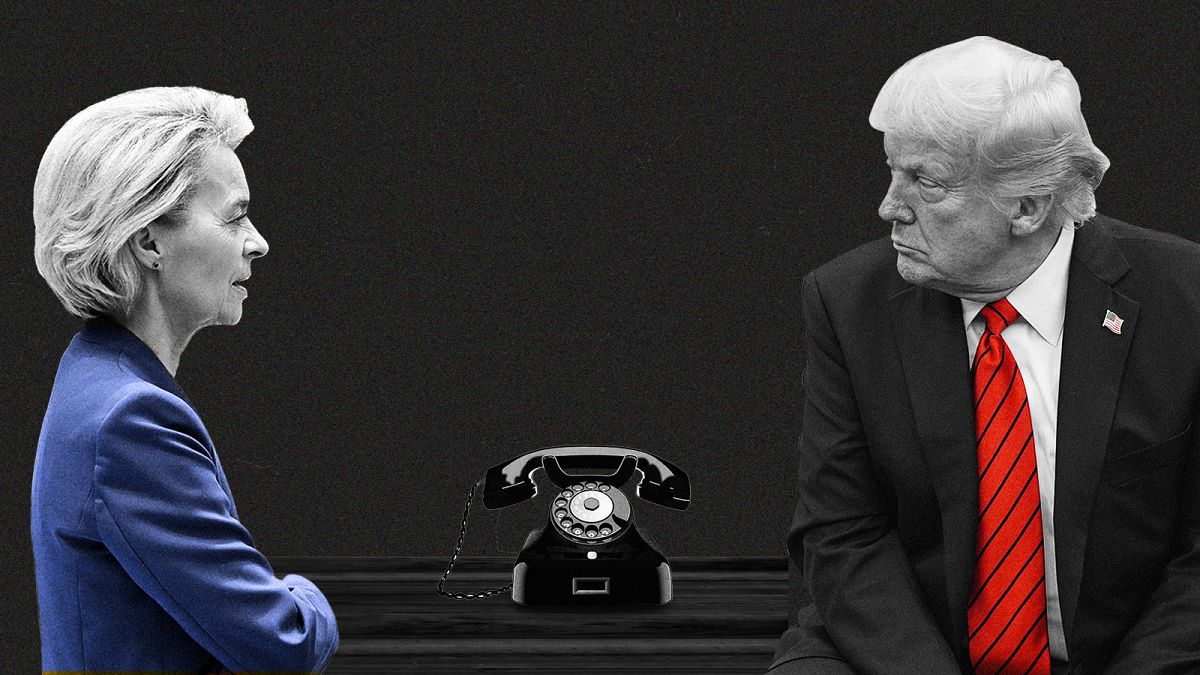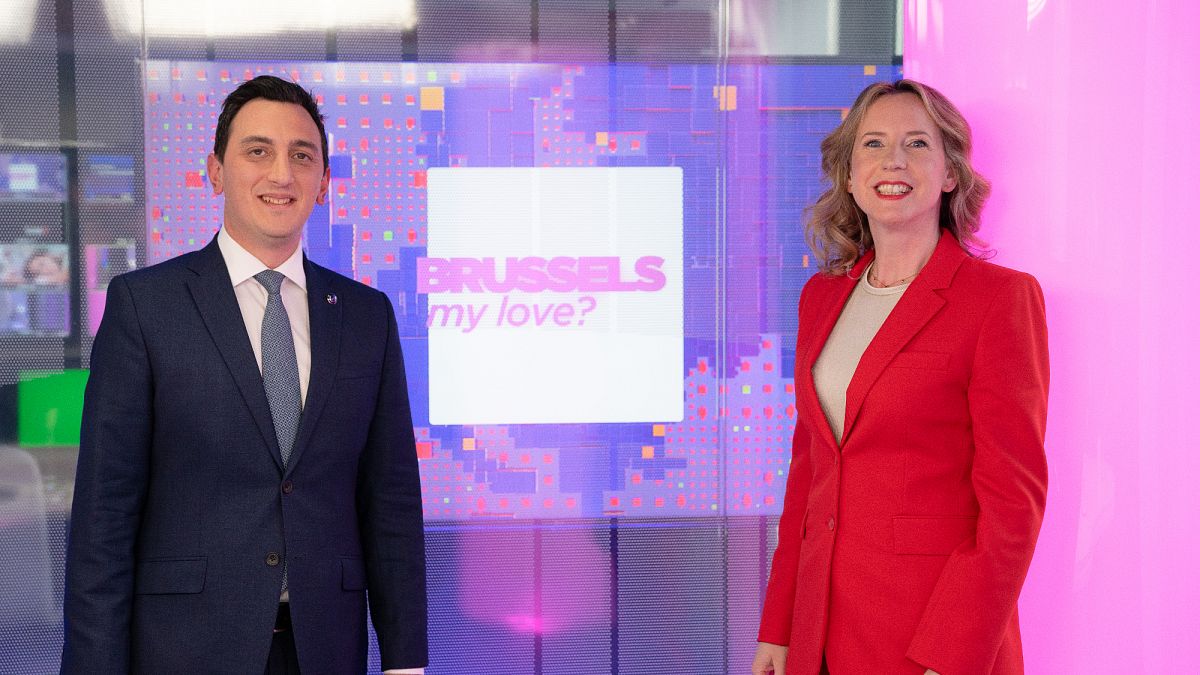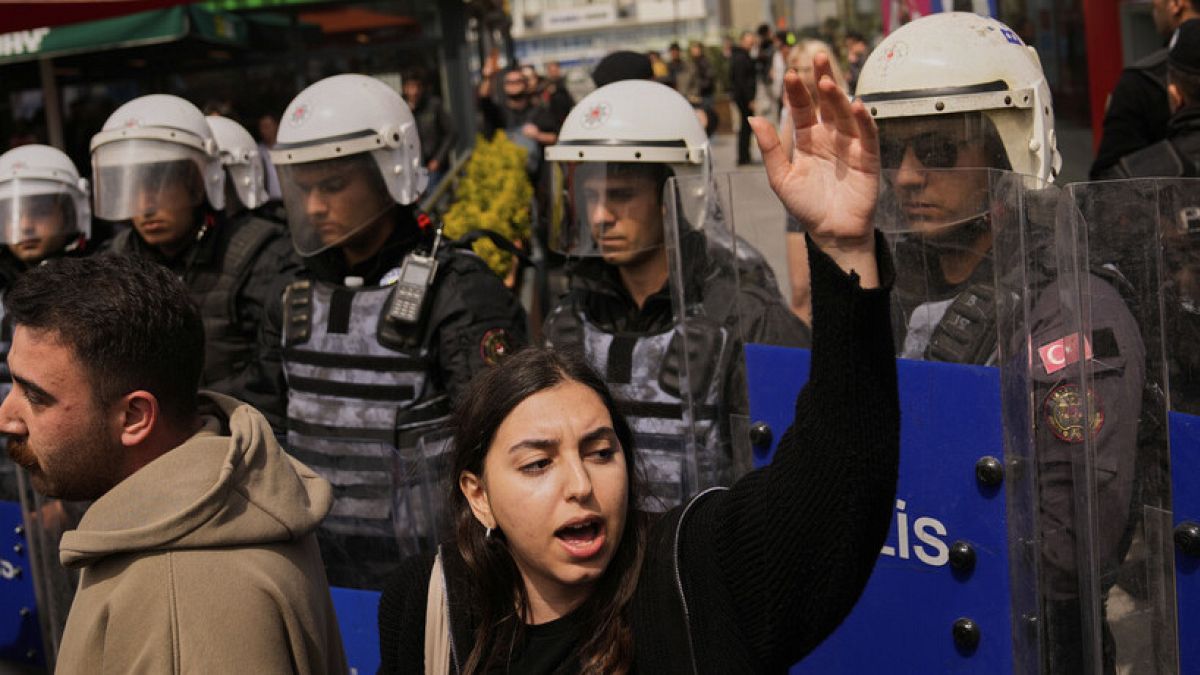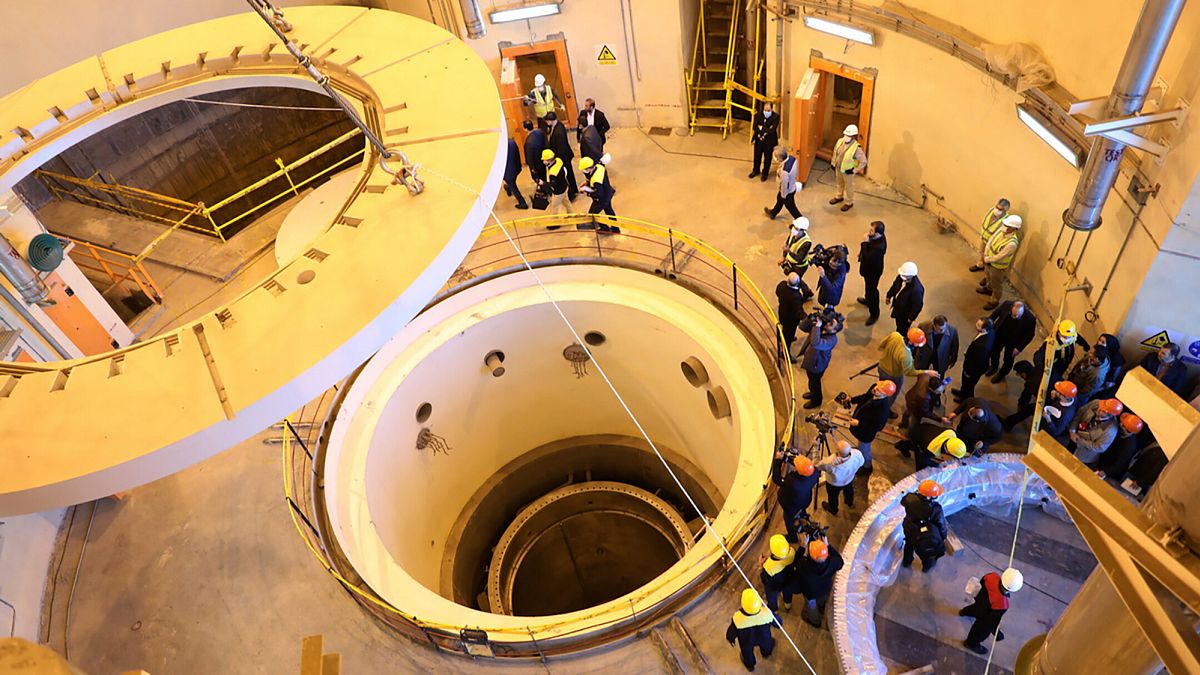Outgoing Vice President of the European Commission Věra Jourová told The Europe Conversation its “shocking” how some EU countries are replicating illiberal laws of others.
Jourová - a lawyer by trade - was EU Commissioner for Values and Transparency from 2019 until November 2024.
During that time, rule of law issues in some member states have deteriorated, she said, speaking just before the end of her mandate.
The EU has initiated infringement proceedings against several countries targeting freedom of the press, as well as LGBT communities which the Commission point out are in breach of EU values, as well as Article 2 of the Treaty of the European Union.
Article 2 relates to the rights and obligations of members as having due regard for “respect for human dignity, freedom, democracy, equality, the rule of law and respect for human rights, including the rights of persons belonging to minorities”.
"What is shocking to me is how infectious these laws are," the former Commissioner tells Euronews’ Europe Conversation.
In 2021, the Hungarian government implemented a so-called ‘child protection law’ it says is designed to protect children from paedophilia and other threats.
The EU sued Hungary over the law in 2022, referring it to the European Court of Justice. And in November this year fifteen EU countries joined the European Commission's lawsuit against Hungary over the law.
Jourová said its vital to engage with other countries intending to do likewise which is seen as a threat to human rights across the EU.
Meanwhile however, Bulgaria and potentially Slovakia are following suit in banning or limiting LGBT ‘propaganda’ in schools.
There are also concerns about the erosion of LGBT rights in Italy and Romania. As well as media freedom in Italy.
Jourová said she engaged with the Member States threatening to introduce what she described as illiberal laws, such as the Sovereignty Office in Hungary which allows the government go after groups like Transparency International – the anti-corruption NGO. Or similar laws in Slovakia impeding the rights and independence of journalists.
"Whenever there are first signals that in some other member states these Hungarian laws will inspire them, I always engage in a very early dialogue with them and ask them, could you please stop this or alter the drafts of the laws so that they are compliant with the EU law,” she said.
Yet, media freedom groups say the situation in Slovakia has worsened and is ‘increasingly hostile’, according to the International Press Institute.
“The public service media are so important in democratic systems; especially in the era of disinformation, public service media should be the media where people can find trustworthy, fact-checked information, evidence-based truth," Jourová said.
But, "if this evidence-based truth is becoming uncomfortable for the politicians, they are either decreasing the budget, or nominating people willing to listen to political instructions, to the management and to the board", she said of the unstable media environment in parts of Europe.
The former Commissioner, who has now returned to her native Czechia after ten years as an EU Commissioner, believes the EU’s media Freedom Act due to be implemented in August 2025 will be key to protect democracy.
According to the European Commission, the Media Freedom Act provides for protection of "editorial independence, journalistic sources, including against the use of spyware’. And aims to ensure the ‘independent functioning of public service media".
"We addressed these issues in the Media Freedom Act, because we really believe that the public service media deserve stronger protection," she said.

 4 months ago
33
4 months ago
33






 We deliver critical software at unparalleled value and speed to help your business thrive
We deliver critical software at unparalleled value and speed to help your business thrive






 English (US) ·
English (US) ·